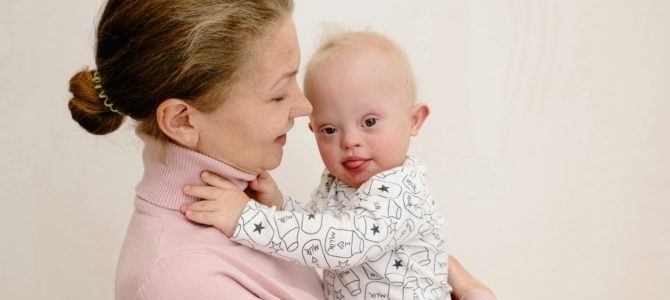The Sixth Circuit Court of Appeals ruled to uphold an Ohio law banning abortions stemming from a prenatal Down syndrome diagnosis.
The 9-7 decision on Tuesday reverses a preliminary injunction ordered by a federal judge in March of 2018 after Planned Parenthood and Preterm-Cleveland sued the state over the 2017 “Down Syndrome Non-Discrimination Act” because they claimed it was unconstitutional.
Citing Planned Parenthood of Southeastern Pennsylvania v. Casey as a reference, Senior U.S. Circuit Judge Alice Batchelder wrote in the lead opinion that restrictions on abortions are not unconstitutional and do not place an undue burden on women because the doctor must know “that the woman’s reason for having the abortion is that she does not want a child with Down syndrome.”
“The lead opinion [in Casey] corrected the mistaken view of Roe that saw any or all pre-viability ‘attempts to influence a woman’s decision … as unwarranted,’ saying that such an absolute rule was ‘incompatible with the recognition that there is a substantial state interest in potential life throughout pregnancy,'” she wrote.
While the lead dissenting judge U.S. Circuit Judge Karen Moore claimed the law is “self-devouring and logically untenable,” Batchelder said that ruling against the law would further the “stigma associated with the practice of Down-syndrome-selective abortions.”
“The State produced evidence that, in the United States, two-thirds of the pregnancies with a fetal diagnosis of Down syndrome are aborted — the percentages are much higher in some other countries — making it one of the traits most commonly targeted for abortion. The State explains that, when unborn children exhibiting a certain trait are targeted for abortion, that sends a message to people living with that trait that they are not as valuable as others. Even though H.B. 214 does not prohibit Down syndrome-selective abortions and might not actually reduce the incidence of such abortions, by prohibiting doctors from knowingly participating in this practice, it sends a resounding message condemning the practice of selective abortions,” she continued.
As National Review notes, the Seventh Circuit Court of Appeals ruled against a similar bill in Indiana in 2018 prohibiting abortions based on a prenatal Down syndrome diagnosis which creates inconsistency between the two courts.
Despite the circuit split, anti-abortion advocacy groups praised the decision that “creates a safe haven for unborn babies with Down syndrome” and said the different court rulings tee up “a significant challenge to Roe v. Wade.”
“Now that a circuit split has occurred on the issue of whether states may prohibit the eugenic practice of discrimination abortion, the Supreme Court has even more reason to weigh in on this important matter and declare these laws as constitutional,” Susan B. Anthony List President Marjorie Dannenfelser said in a statement. “We encourage the high court to act now that this issue has received further consideration in the lower courts. Discriminatory abortions based on sex, race, and disability are no less than modern-day eugenics, and must swiftly come to an end.”









